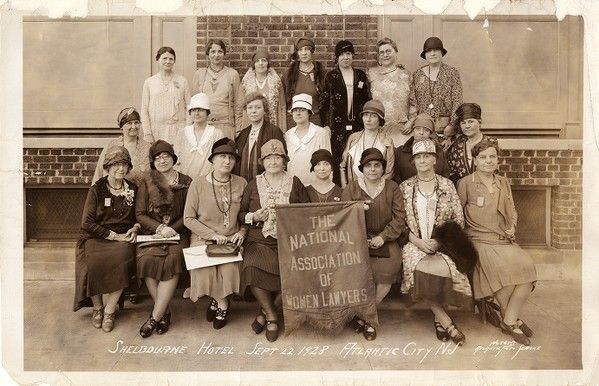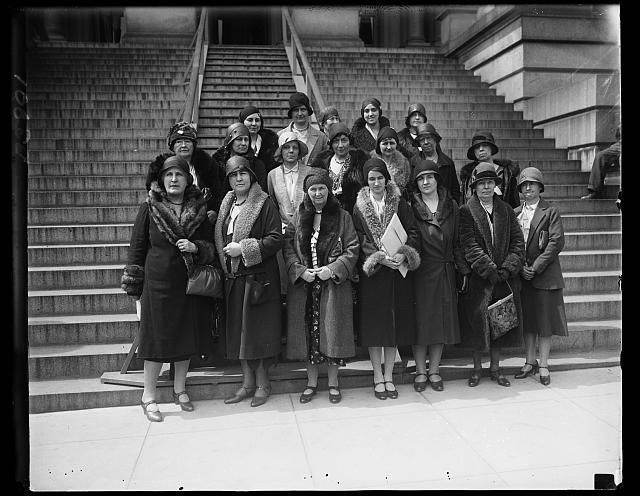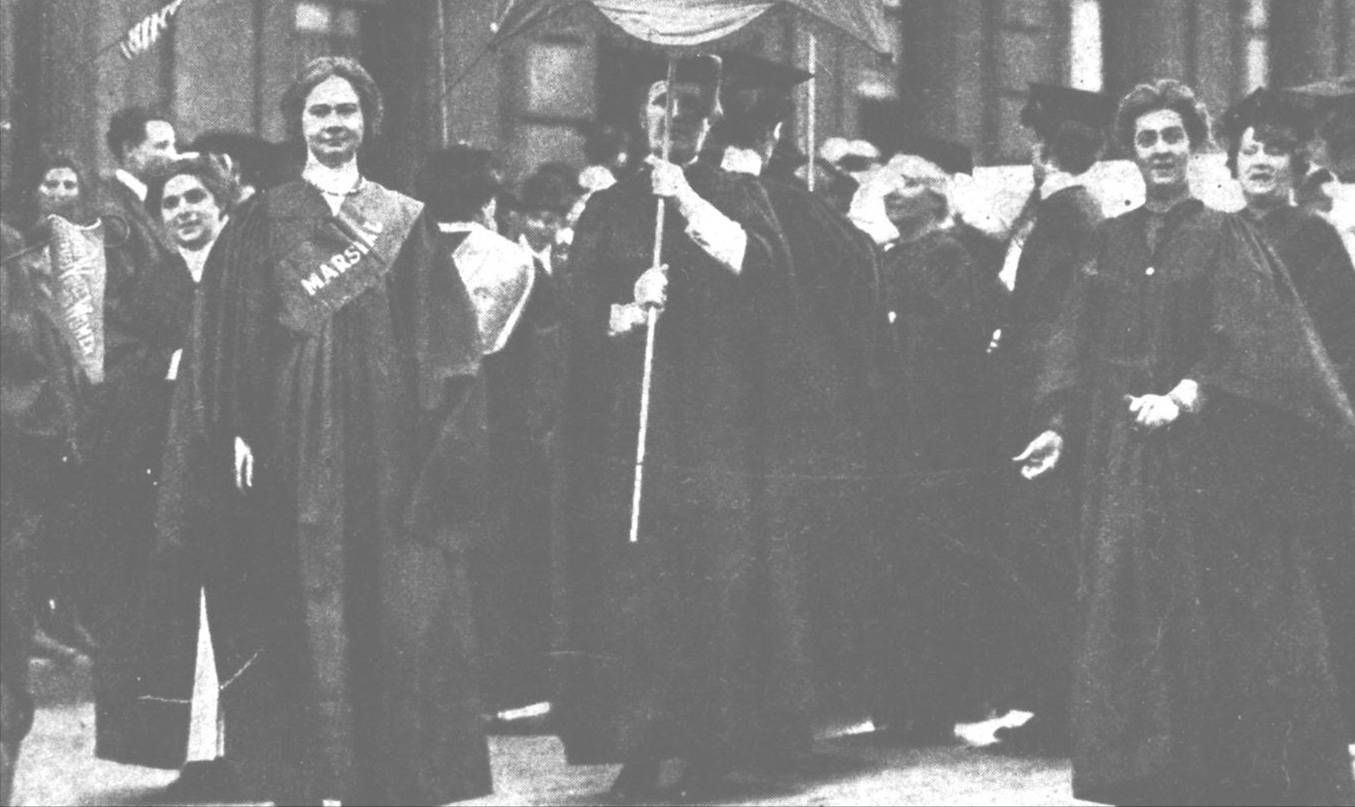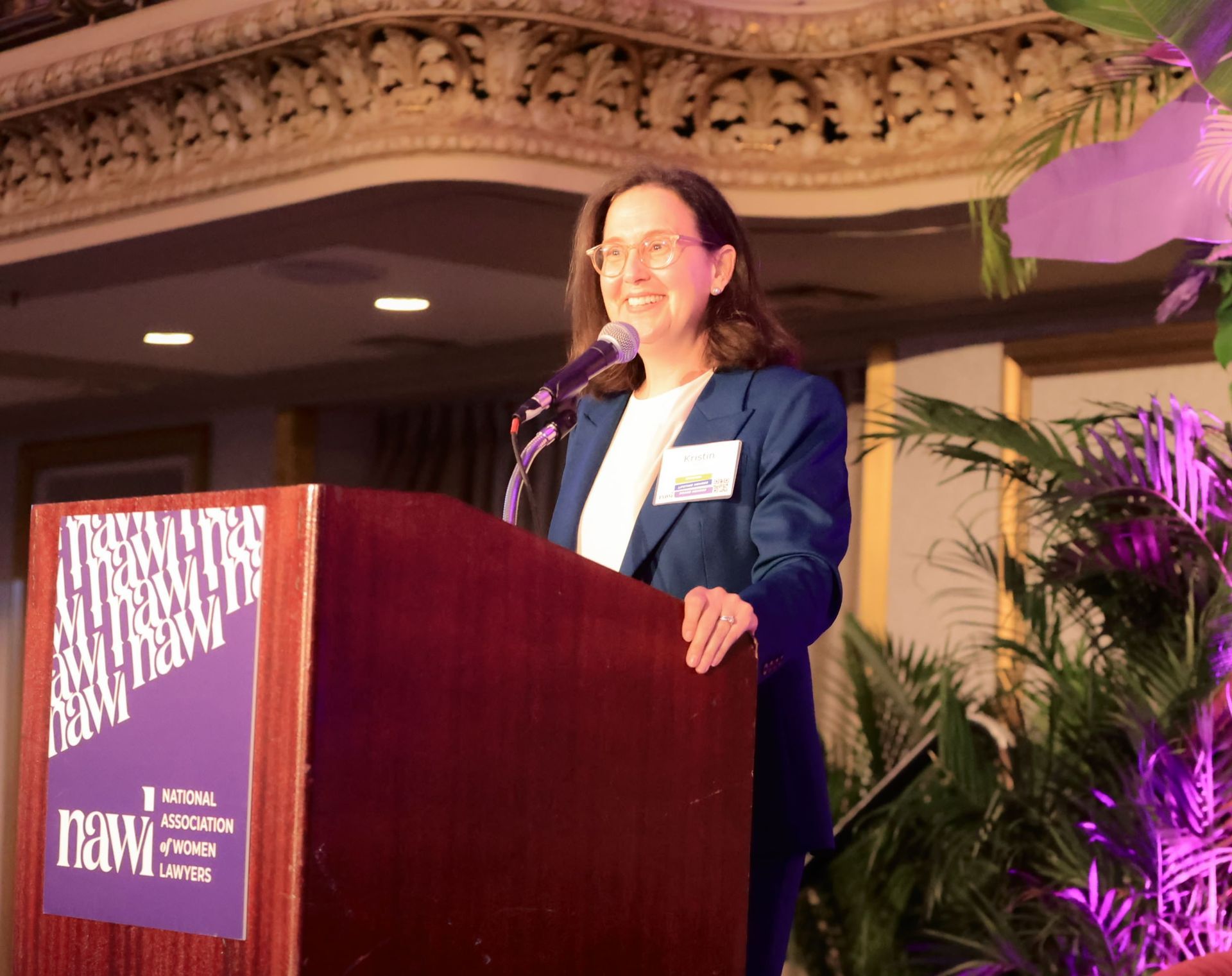December 16, 2024
December 16, 2024 The Honorable Joseph R. Biden, Jr. 1600 Pennsylvania Avenue, NW Washington, DC 20500 Re: An Urgent Call for Your Legacy Dear President Biden: This month marks 101 years since the Equal Rights Amendment (ERA) was first introduced in the US Congress. The ERA would constitutionally protect equality of rights under the law regardless of sex. While it has met all ratification requirements, the ERA remains to be added to the US Constitution. Publication of the ERA is essential for the restoration of reproductive rights and health care in our country, the enforcement of existing federal anti-discrimination laws, and the health of our democracy. On behalf of the League of Women Voters (the League), Shattering Glass, and the 141 undersigned organizations, we urge you to, in your last months serving as President of this nation, direct US Archivist Shogan to fulfill her statutory duty and certify and publish the Equal Rights Amendment as the 28th Amendment to the Constitution. Despite the significant legal and legislative advances made in recent decades, women and other Americans continue to face discrimination on the basis of sex, fundamentally undermining a central tenet of our democracy: equality. Under the US Supreme Court’s current interpretation of the Fourteenth Amendment’s Equal Protection Clause, sex discrimination claims are not subject to the same strict scrutiny standard as other protected classifications, such as race. The ramifications of applying a lower standard of review, heightened scrutiny, to sex discrimination claims are clear, including limited access to comprehensive health care, domestic violence, unequal pay, workplace harassment, pregnancy discrimination, discrimination against LGBTQIA+ individuals, and more. And with United States v. Skrmetti currently before the US Supreme Court, there is real and substantial risk that protection based on gender and gender identity under the Fourteenth Amendment’s Equal Protection Clause may be severely weakened or eliminated altogether. 1 Two and a half years ago, supporters of women’s, civil, and human rights watched in horror as the US Supreme Court overruled Roe v. Wade , overturning the federal constitutional right to abortion and stripping women and people who may become pregnant of a fundamental right they’d held for nearly 50 years. Today, abortion is entirely banned in 13 states — home to an estimated 17.8 million women of reproductive age — and banned before viability in another 11 states. 2 Researchers estimate that a nationwide abortion ban could lead to a 24% increase in pregnancy-related deaths and a 39% increase in pregnancy-related deaths among Black women. 3 Across our country, women who've survived a delay in vital care due to abortion bans have gut-wrenchingly recounted their stories, and journalists have reported the stories of women who’ve lost their lives. This politically manufactured crisis is unacceptable. Under your leadership, the Administration has worked to defend and increase the accessibility of FDA-approved medication abortion, defend emergency medical care and interstate travel, strengthen health data privacy, and share accurate reproductive rights information. Together with Vice President Harris, you made reproductive freedoms a cornerstone of the Presidential campaigns. In light of the incoming administration, each of these advances is under imminent threat. The publication of the ERA in the Constitution will provide a vital tool in the continued fight to protect, restore, and advance reproductive rights and justice- one that cannot just be rolled back with a change in government composition. In 2024, we saw the prospective impact of the ERA on reproductive rights. In January of this year, the Pennsylvania Supreme Court ruled that, under Pennsylvania’s ERA, which uses the same language as the federal ERA, abortion providers could challenge the state’s ban on Medicaid coverage for abortion as sex discrimination. 4 In March, a Nevada trial court also ruled that this Medicaid coverage ban violated Nevada’s ERA and, in September, required the state’s Medicaid program to cover abortion care services. 5 The Equal Rights Amendment could help protect and restore the right to abortion. Your legacy protecting women’s rights stretches back to your Senate days as a champion and author of the Violence Against Women Act (VAWA), the decades you’ve spent implementing and strengthening this legislation, and your time as President taking actions to address gender-based violence (GBV). As you know well from your years of service, intimate partner violence and GBV continue to be endemic in the United States. More than 40% of women have experienced violence or stalking by an intimate partner in their lifetime. 6 At the heart of VAWA was a provision for a civil remedy for victims of GBV to sue their attackers. When the US Supreme Court struck this down in 2000, it asserted that Congress lacked the constitutional authority to provide a civil remedy against perpetrators of gender-based violence under the Commerce Clause of Section 5 of the Fourteenth Amendment. 7 The Equal Rights Amendment would grant Congress the authority to pass laws addressing GBV. You also know the vital role that equality plays in striving to build a more perfect democracy. In 2023, you co-hosted the historic second Summit for Democracy, culminating in a Declaration enumerating several international commitments, including equal protection of women’s rights under law. 8 The past four Women’s Equality Days, your White House proclamation has spoken to enshrining the principle of gender equality in our Constitution. Mr. President, you have the power to make that happen. In August, the American Bar Association (ABA), the largest voluntary association of lawyers globally, with the mission of defending liberty and pursuing justice, held its annual meeting. There, the ABA adopted a resolution recognizing the Equal Rights Amendment as the 28th Amendment to the US Constitution and urged its implementation. In doing so, the ABA warned that, without the ERA, the US Supreme Court has indicated that Fourteenth Amendment sex-based equal protection is in “grave peril.” 9 In October, the American College of Obstetricians and Gynecologists, in coordination with six medical societies, called on your Administration to do everything in your power to finalize the Equal Rights Amendment to help realize the right to reproductive health care. 10 In November, the Reproductive Health Coalition, a wide range of health professional associations and reproductive justice and other allied organizations, led by the American Medical Women’s Association and Doctors for America, issued a statement urging you to direct publication of the Equal Rights Amendment to address the worsening healthcare crisis. 11 Today, 78% of Americans favor adding the Equal Rights Amendment to the Constitution. 12 We recognize the complexity of this issue. However, the continued punting of responsibility to formally recognize the only duly ratified constitutional amendment not to be added to the Constitution undermines the Constitution itself, the ratification rights of the states, the integrity of our democracy, and urgently, the liberties and lives of more than half of our population. The undersigned organizations implore you to move beyond politics to take swift action on this urgent issue before our democracy is further eroded and more lives are lost. We deeply appreciate the leadership and consistent commitment you have shown for sex and gender equality throughout your lifetime of public service. As we carry that mantle at a pivotal time in our history, we fervently implore you to seize this historic opportunity and enshrine sex equality into our Constitution. This can be your legacy. The health, rights, and future of our democracy depend on it. For questions, please reach out to Jessica Jones Capparell, director of government affairs at the League, (jjones@lwv.org), Rebecca Goldman, justice reform legislative and policy manager at the League (rgoldman@lwv.org), and Nicole Vorrasi Bates, executive director of Shattering Glass (nvbates@shatteringglass.org). Sincerely,






